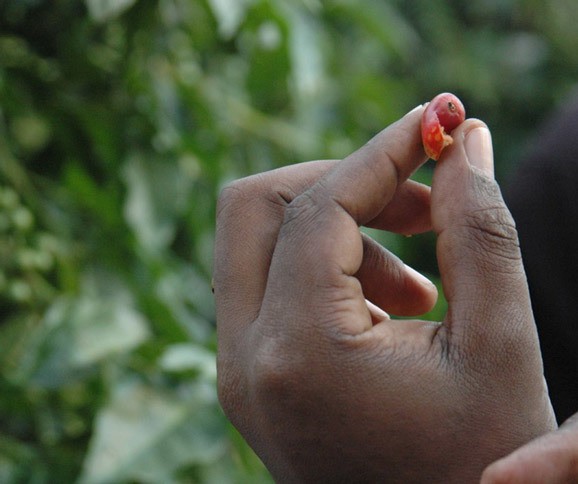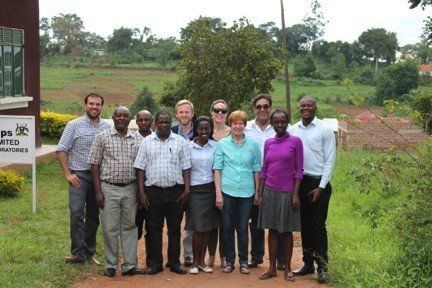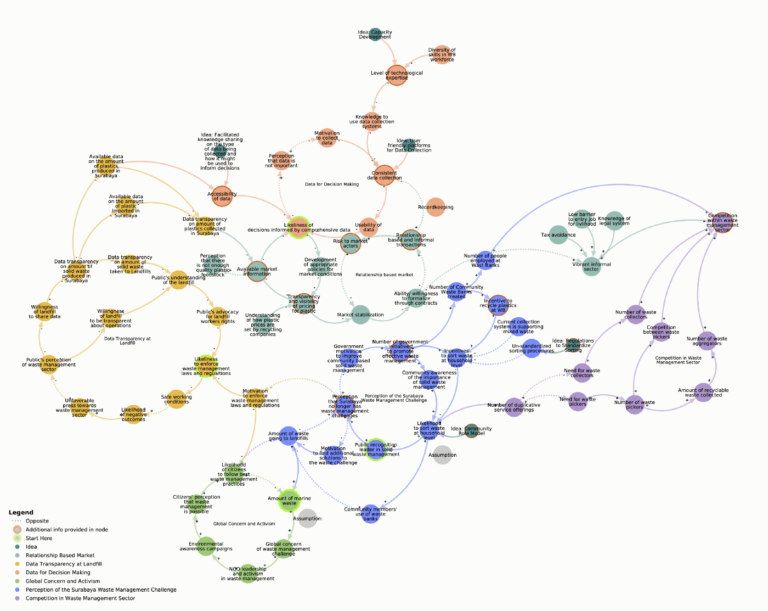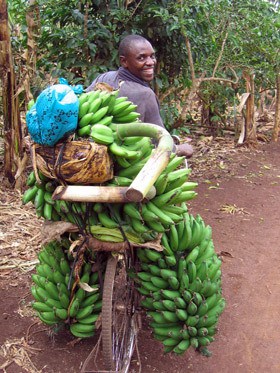On the Path to Eliminating Coffee Potato Taste Defect

For many people coffee serves as an important ritual in their daily routines; for others, coffee makes up most of their income. As the world’s second most traded commodity, after oil, coffee plays an integral role in many economies. For countries in the so-called “bean belt” in Africa-Rwanda, Burundi, and the Democratic Republic of Congo-the coffee industry accounts for a considerable portion of all agricultural exports and a sizeable percentage of export revenue. For East Africa alone, the 450,000 tons of coffee the region exports annually are valued at $1 billion (Technoserve 2012). However, in recent years, the“antestia bug” has destroyed coffee crops and is believed to be the source of a potato taste defect that degrades the quality of the coffee, resulting in huge revenue losses in these countries. In this context, Joseph Bigirimana and his team of researchers at the Rwanda Agricultural Board (RAB) have taken a leading role in an international network working together on this critical challenge.
Since 2011, the Global Knowledge Initiative has worked in Rwandan coffee through its award-winning LINK (Learning and Innovation Network for Knowledge and Solutions) program, convening, training, and activating a global network based at University of Rwanda, which includes researchers, scientific experts, and businesses combatting the potato taste defect. To kick start this network’s activities, GKI partnered with the Alliance for Coffee Excellence to organize a Potato Taste Challenge Prize, announced at the March 2014 Coffee Research Symposium in Kigali. https://www.globalknowledgeinitiative.org/news/eliminate-coffee-potato-taste-defect-east-africa.html
As the winner of the 2014 Potato Taste Challenge Prize, Bigirimana and fellow scientists, Dr. Dick Walyaro and Dr. Theodore Aswiimwe from RAB set off with the nearly $20,000 USD prize to investigate how to stave off antestia. Their work explores whether pesticides such as pyrethroids are effective at mitigating and controlling the antestia bug infestation, and potato taste more generally. They are especially interested in the efficacy of locally produced organic pesticides made from pyrethrum plants grown in Rwanda.
In the months since winning the Prize, Bigirimana and his team have collected data from 600 farms in Rwanda on the field infestation of the antestia bugs, current pest management practices in use by farmers, and a host of other indicators aimed at understanding what works in controlling antestia. Each of these insights helps the team to clarify the relationship between the insects and the occurrence of potato taste defect. Following the field sampling, the team tested the efficacy of five different pyrethroid pesticides in the laboratory and has begun conducting field trials in light of their successful lab results. They hope that these field trials will clearly show how effective pesticide use and farmer support can limit the negative impacts of antestia bugs. Bigirimana and his team hope to leverage the network of researchers and businesses, and the technical support provided by ACE and GKI. With persistence and passion, they are taking on the antestia bug problem afflicting the coffee sector with the aim of eliminating the threat of the potato taste defect.
Contributed by: Srujana Penumetcha and Andrew Gerard

Photo Credit: GKI







